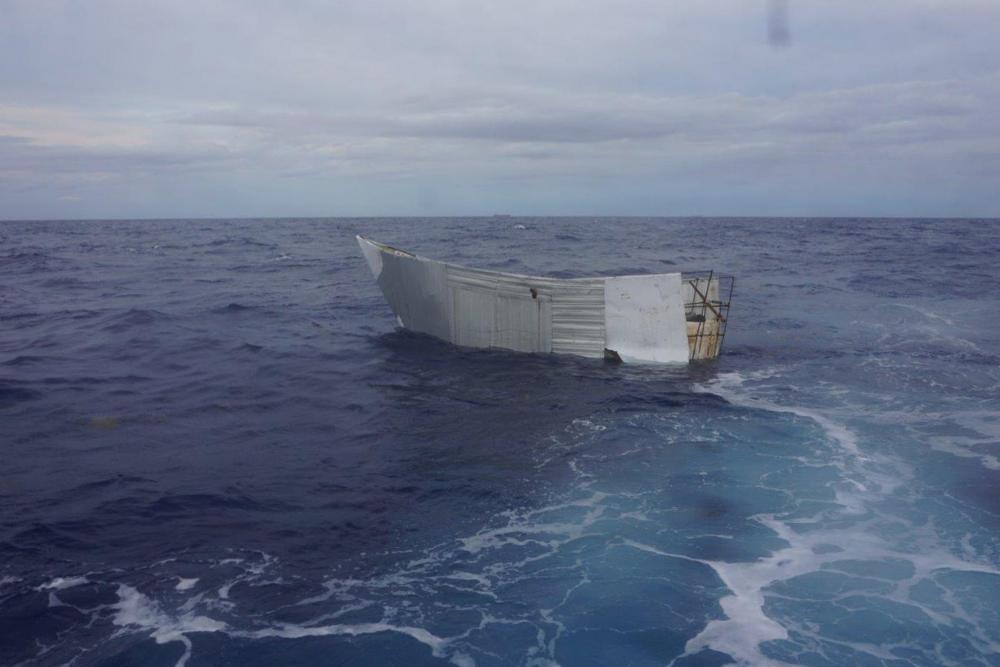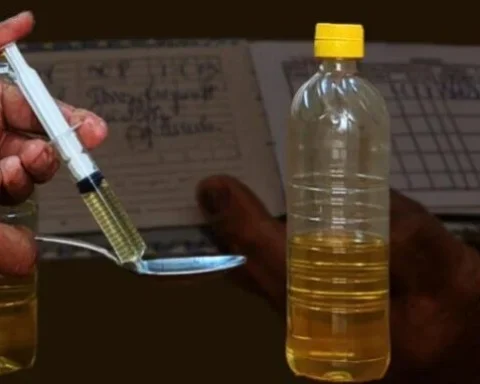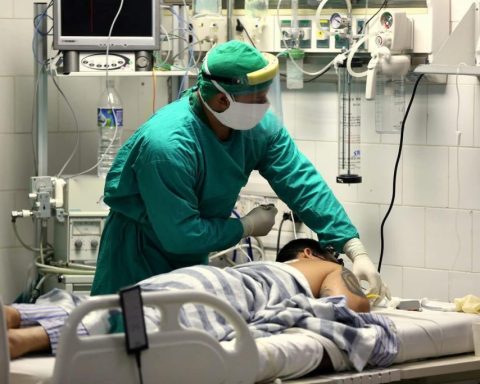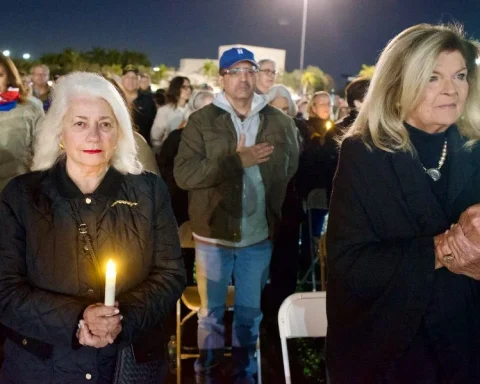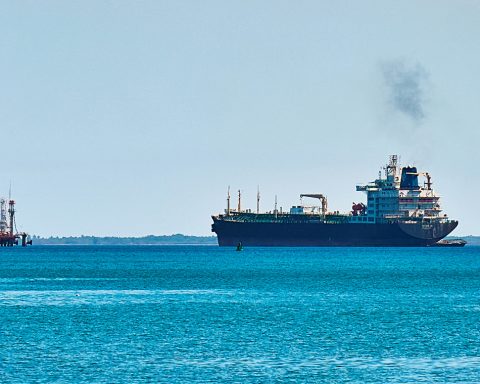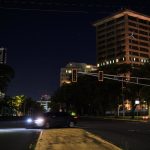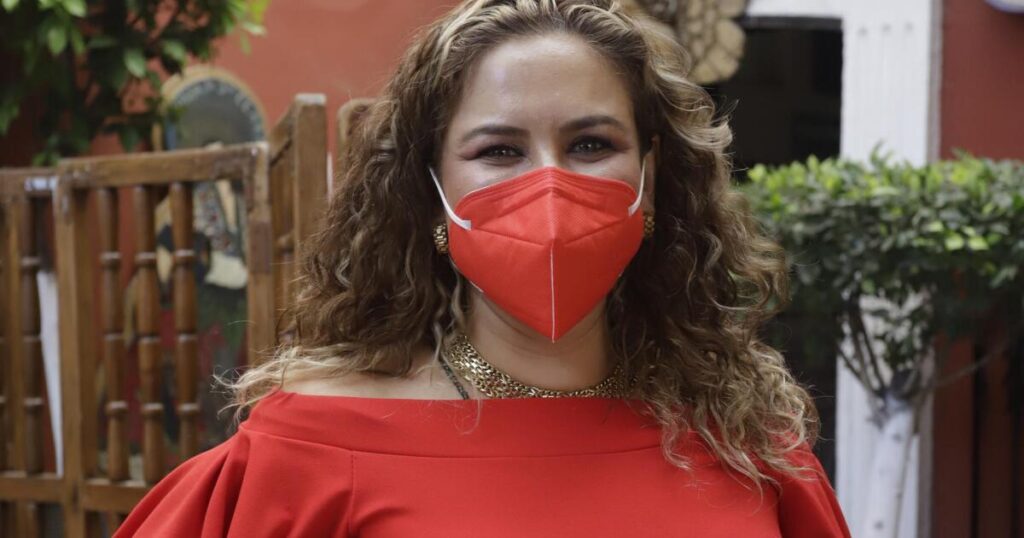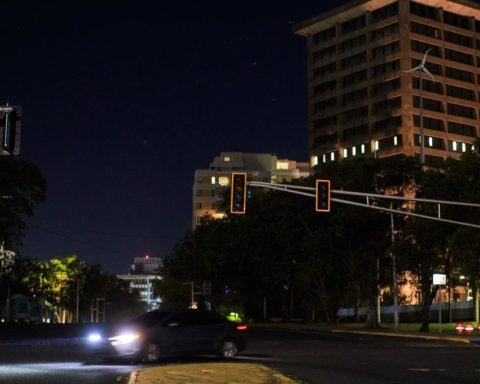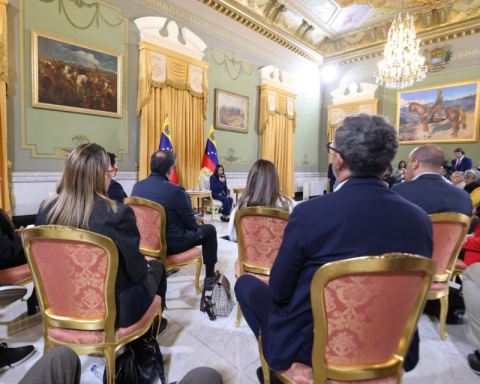A group of 48 Cubanswithout specifying gender and ages, was repatriated by the United States Coast Guard this Thursday, after five interdictions that occurred between Saturday and Tuesday of this week in the Florida Keys, according to an official statement.
Two of them took place on Saturday, when aerial monitoring teams from the Miami Coast Guard alerted their peers in Key West about two rustic boats sighted several miles south of that point.
#breaking @USCG crews repatriated 48 Cubans to #CubaThursday.
“These waterways are dangerous, unpredictable and the risk for loss of life is great.” – Lt. Robert Copeland.
Press Release: https://t.co/KSzvoMzIIY@USEmbCuba #DontTakeToTheSea pic.twitter.com/yKA7cGMtut
— USCGSoutheast (@USCGSoutheast) May 19, 2022
A day later, and in the same way, a rustic boat was sighted at dawn about 65 miles south of Key West, while at night an air team from the Air and Marine Operations Police of Customs and Border Protection alerted Key West from a fourth vessel sighted about 50 miles south of Boot Key.
The crew of the Coast Guard cutter Charles Sexton, along which the Cubans were returned to Havana, had informed Sector Key West on Tuesday of the fifth vessel in this group, sighted about 45 miles south of Key West.
“The Coast Guard and our partners have increased air and surface patrols in the Straits of Florida, the Windward Passages and Mona,” said Robert Copeland, security officer for Coast Guard District Seven, who reiterated that these waterways they are dangerous, unpredictable and in them the risk of loss of life is very high.
According to this report, since October 1, 2021, Coast Guard crews have already intercepted 1,910 Cubans, a figure that is still well below the 5,396 registered in fiscal year 2016, the highest in available records.
Since then, the figures have been declining until reaching the lowest levels during the first year of the COVID-19 pandemic, 2020, when the arrival by sea of just 49 Cuban migrants was registered.
Once aboard a Coast Guard patrol boat, this note warns, all migrants receive food, water, shelter and basic medical care.
